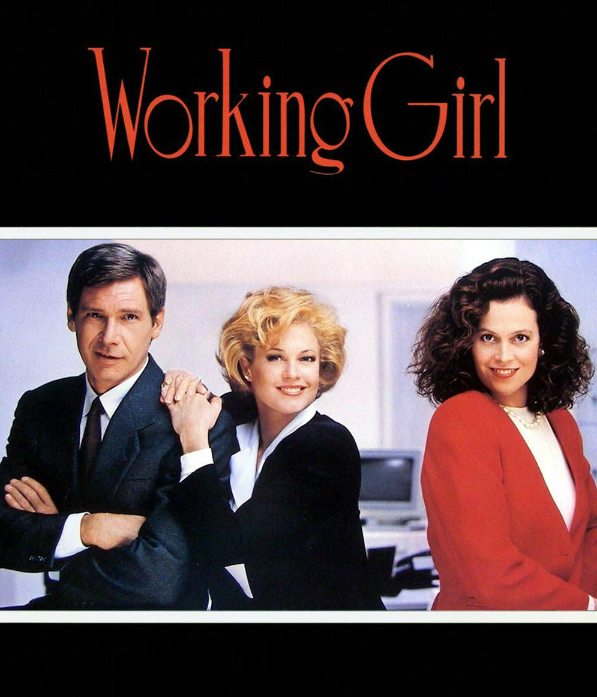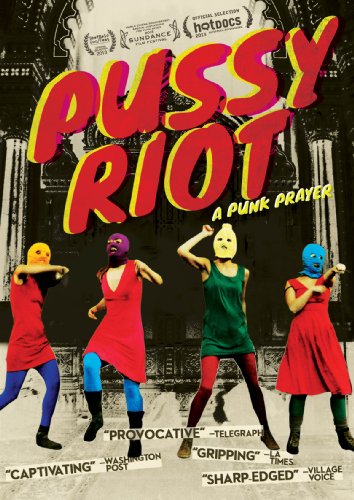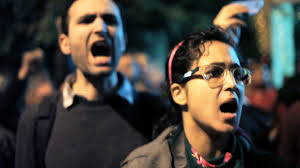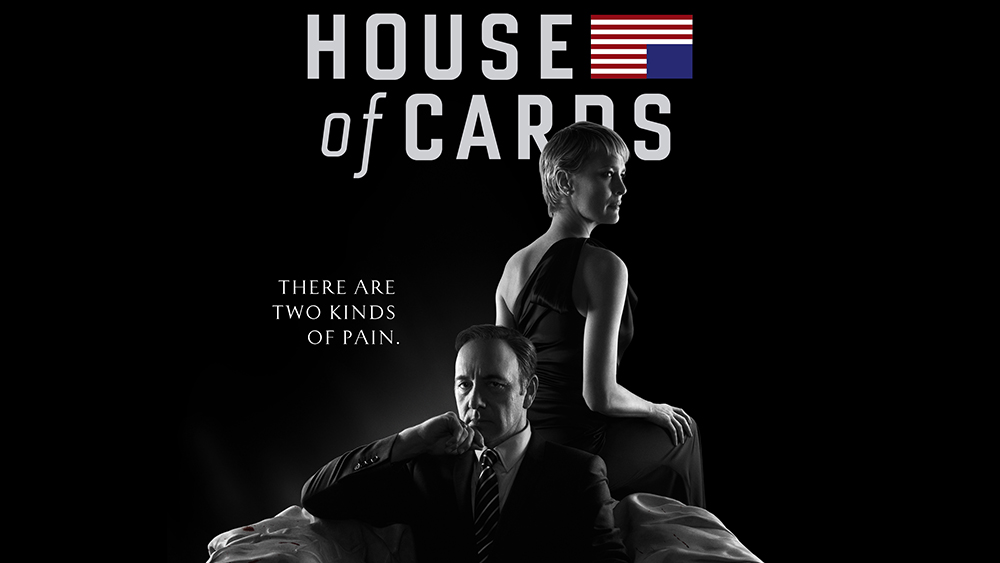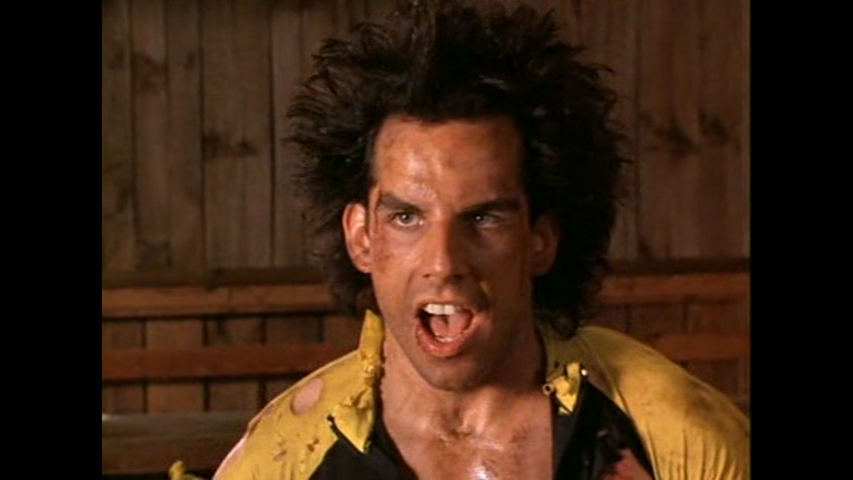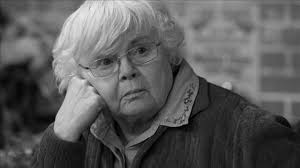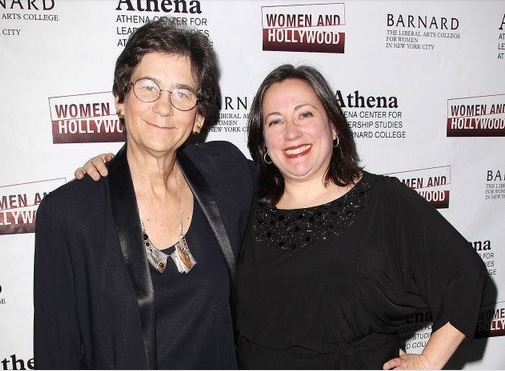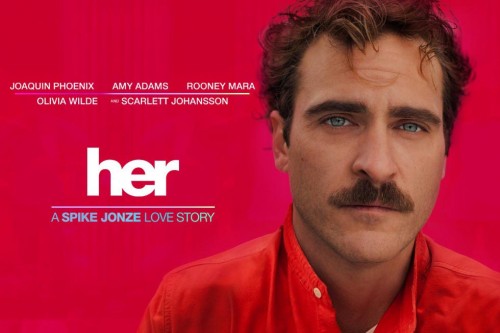Working Class Family With a Touch of Absurdity: ‘Raising Hope’
TV families are generally presented as aspirational. They usually live an upper middle class livestyle and frequently live comfortably on a single salary, have college degrees and wealthy backgrounds.
Usually when characters work menial labor or minimum wage jobs, they are presented as being in a transitory period. This is the stage before the character gets their life together, when the artist waits for a big break or where a youth supplements their allowance with their earnings. It’s rare that this work is presented as the character’s real life, how it will likely always be.

